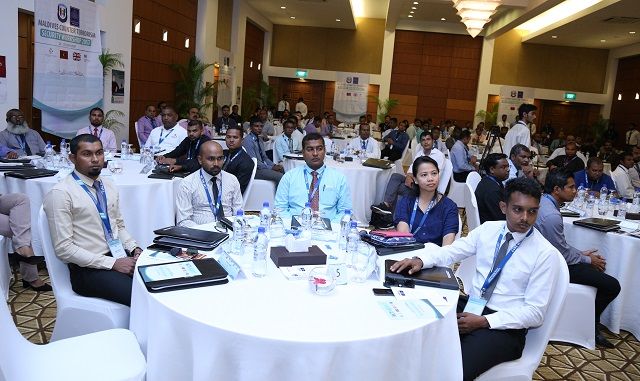Maldives holds landmark conference on tourism and terrorism
The Maldives police and British counter-terrorism experts sat down this week with more than a 100 tourism sector security personnel to work out measures to protect visitors from potential acts of terror.

26 Jan 2017, 09:00
The Maldives police and British counter-terrorism experts sat down this week with more than a 100 tourism sector security personnel to work out measures to protect visitors from potential acts of terror.
Tourism Minister Moosa Zameer kicked off the two-day conference at Kurumba Maldives on Tuesday, acknowledging that a single attack could cut off the country’s main source of revenue.
The conference is the first of its kind since reports of Maldivians fighting in Syria and Iraq surfaced three years ago, raising fears of attacks against tourists, which only mounted in the aftermath of terror attacks in Muslim-majority countries including Tunisia, Egypt, Tukey and Malaysia.
Insisting that the Maldives remained safe for tourists, Zameer said: “The threat of global terrorism is concerning. We are living in extremely turbulent times. It is evident that all countries in South Asia are exposed to the vulnerability and to the threats forced by violent extremism.
Become a member
Get full access to our archive and personalise your experience.
Already a member?
Discussion
No comments yet. Be the first to share your thoughts!
No comments yet. Be the first to join the conversation!
Join the Conversation
Sign in to share your thoughts under an alias and take part in the discussion. Independent journalism thrives on open, respectful debate — your voice matters.




